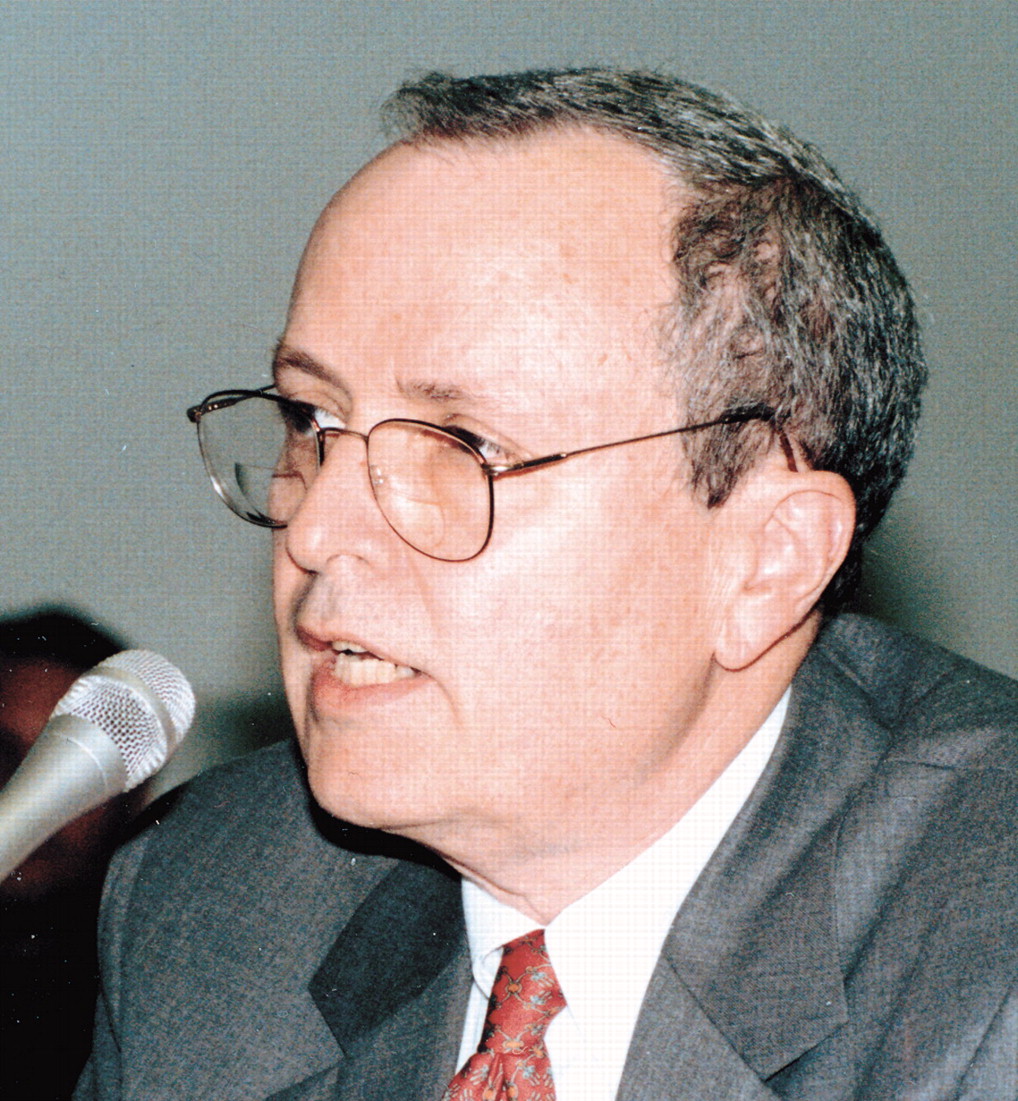MH System Reform Must Start With Funding
Follow the money. That was the implicit message of testimony by APA Vice President Steven Sharfstein, M.D., about the reasons for fragmentation in the mental health system.

Steven Sharfstein, M.D.: “In order to survive, we must go where the money is.”
“In order to survive, we must go where the money is,” he said. Fragmentation of services often results because funding streams themselves are not coordinated.
Sharfstein was speaking about his experience as president and CEO of the Sheppard Pratt Health System, the largest not-for-profit mental health system in Maryland.
He told the commissioners that the survival of Sheppard Pratt, like that of many other private psychiatric hospitals, had been threatened in the 1980s by the introduction of managed care practices that sharply curtailed the length of inpatient stays.
Sharfstein worked with his staff to develop a new vision for the institution that defined its business as the provision of a continuum of behavioral health care services. He also worked to implement business practices that would enable Sheppard Pratt to survive in a climate in which private psychiatric hospitals and psychiatric units have been closing at a rapid rate (Psychiatric News, November 15, 2002).
Sheppard Pratt, for example, became the largest provider of special education programs and services in the state. “Reimbursement for special education is good,” said Sharfstein.
Conversely, if a unit or service within Sheppard Pratt consistently loses money, he closes it to ensure the survival of the institution as a whole.
A second message he delivered was that fragmentation is not all bad.
Fragmentation has increased since the Carter Commission in 1978, he said, but the variety of services and settings associated with fragmentation also offer people more entry points into the mental health system.
“The name of the game today is volume,” Sharfstein said. More people are receiving treatment. He cautioned, however, about the perilous financial condition of the mental health system.
“Medicaid is about at the breaking point,” he said. “We will need to start making more serious and rational decisions about who gets treatment.”
In his written testimony, Sharfstein warned that the “current crisis could be just a harbinger of a more serious collapse in the availability of necessary services.”
He urged the commission to combine the medical/scientific and service delivery models with the “recovery model” to expand the benefits of treatment to those in need.
Sharfstein outlined principles upon which a reform of the system could be based (see Original article: box on page 9).
Sharfstein is chairing an APA task force to develop a model of what a vital and well-functioning mental health system should look like (Psychiatric News, December 6, 2002). The task force plans to issue its report by May 2003, when the New Freedom Commission on Mental Health issues its final report.
President Bush established the commission by executive order on April 29, 2002. Bush asked the commission to recommend improvements in the U.S. mental health system for adults with serious mental illness and for children with serious emotional disturbances.
He requested a review of both public and private sectors to identify policies that could be implemented by federal, state, and local governments to maximize the usefulness of existing resources, improve coordination of treatments and services, and promote a full life in the community for people with mental illness.
On November 12, 2002, APA President-elect Marcia Goin, M.D., spoke to commission members about the financial and social costs of the crisis in access.
Goin urged APA members to post comments about the access crisis on the public comments page of the commission’s Web site and to send her a copy. The addresses are www.mentalhealthcommission.gov/comments.html and [email protected]. ▪



